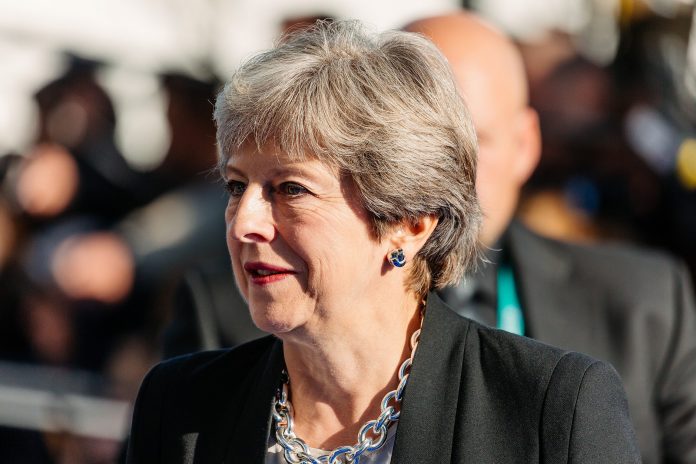The International Monetary Fund (IMF) warned on September 17 that Britain’s economy would be hit with “substantial costs” in the event of a no-deal Brexit.
“Fundamental questions – such as the future economic relationship between the two and the closely-related question of the status of the land border with Ireland – remain unanswered,” the IMF noted in its annual outlook on the UK economy.
“Resolving these questions is critical to avoid a ‘no-deal’ Brexit on WTO terms that would entail substantial costs for the UK economy — and to a lesser extent the EU economies – particularly if it were to occur in a disorderly fashion,” the IMF added.
As reported by France24 online, the gloomy assessment contrasts with that of British Prime Minister Theresa May, who indicated last week that a no-deal hard Brexit would not be a disaster for Britain.
May has insisted her Brexit plan was the only alternative to leaving the EU without an agreement. “The alternative to that will be not having a deal,” she told the BBC in an interview aired on September 17.
May will meet EU leaders in Salzburg on September 19 and 20, as she seeks a breakthrough in talks on the Brexit divorce and the future UK-EU trading relationship.
‘The whole thing is a constitutional abomination’
Meanwhile, May’s former foreign minister Boris Johnson, who quit in July in protest at the Chequers plan, launched a fresh attack on it in his weekly newspaper column on September 17.
“The whole thing is a constitutional abomination,” Johnson, who has previously compared the plan to a “suicide vest,”, wrote in The Daily Telegraph.
In a separate report, the Reuters news agency noted that the fate of May’s government and her Brexit plan is in doubt because it is unclear whether she can command the 320 votes she needs in the House of Commons, the lower house of the British parliament, to approve a deal.
Also, many business chiefs and investors fear politics could scupper an agreement, thrusting both the EU and the United Kingdom into a “no-deal” Brexit that they say would weaken the West, panic financial markets and block the arteries of trade.
Speaking from Madrid on September 17, Michel Barnier, the EU’s chief Brexit negotiator, said that talks between the EU and Britain on Brexit are being conducted in a spirit of “good cooperation”.
But the EU, in a note before Barnier briefs ministers from member states on September 18, said both sides still have work to do to settle a range of issues, including the Irish border.
“Some parts of the draft withdrawal agreement have already been agreed in principle by the UK and the EU negotiators, although nothing is agreed until everything is agreed,” the note, seen by Reuters, said.
“There are still parts of the withdrawal agreement that require further negotiation. One of them is the issue of how to avoid a hard border between Ireland and Northern Ireland.”

